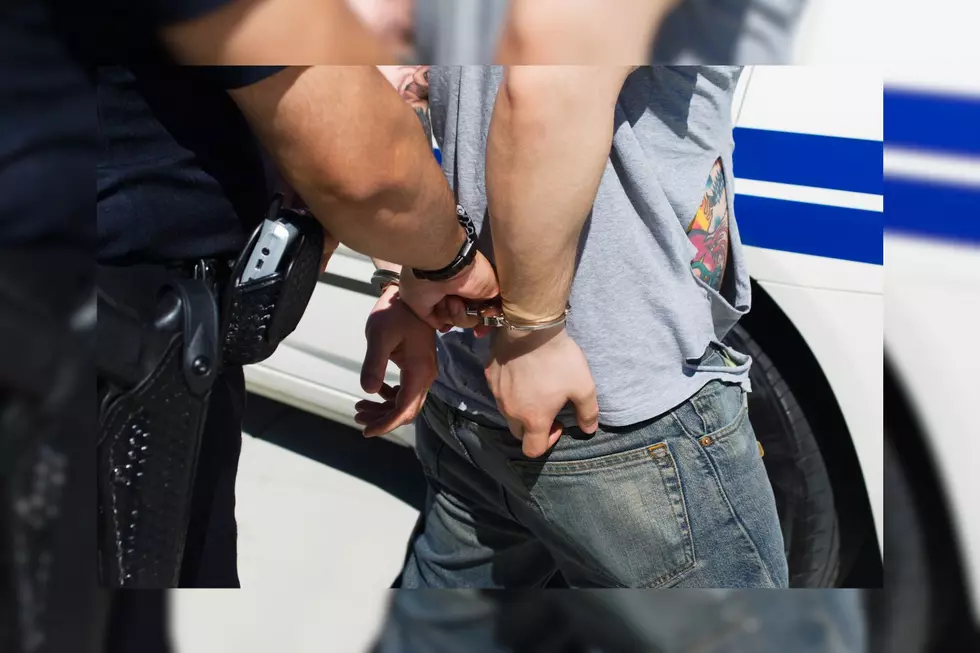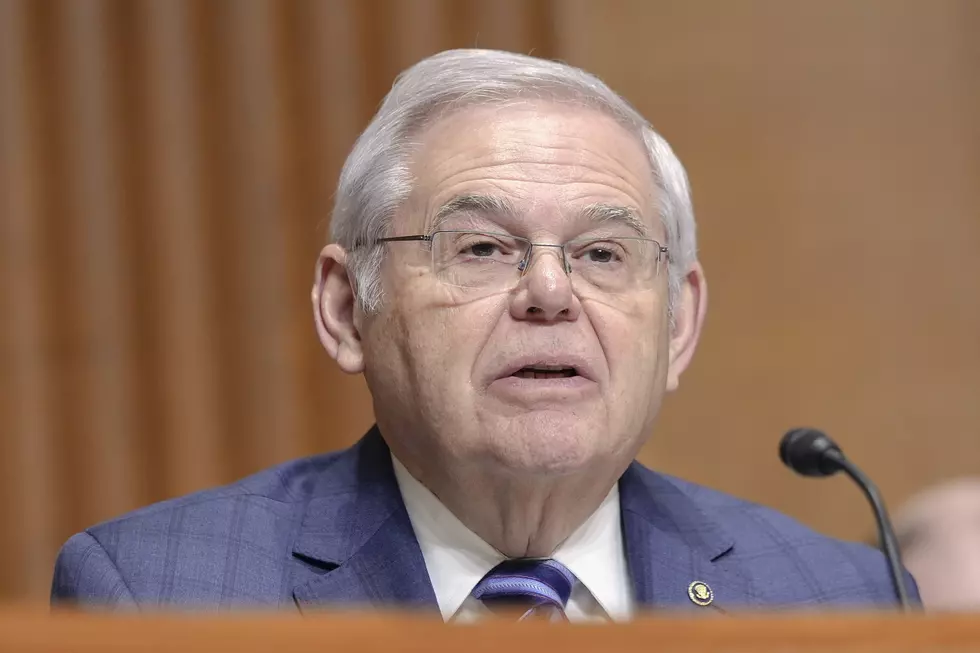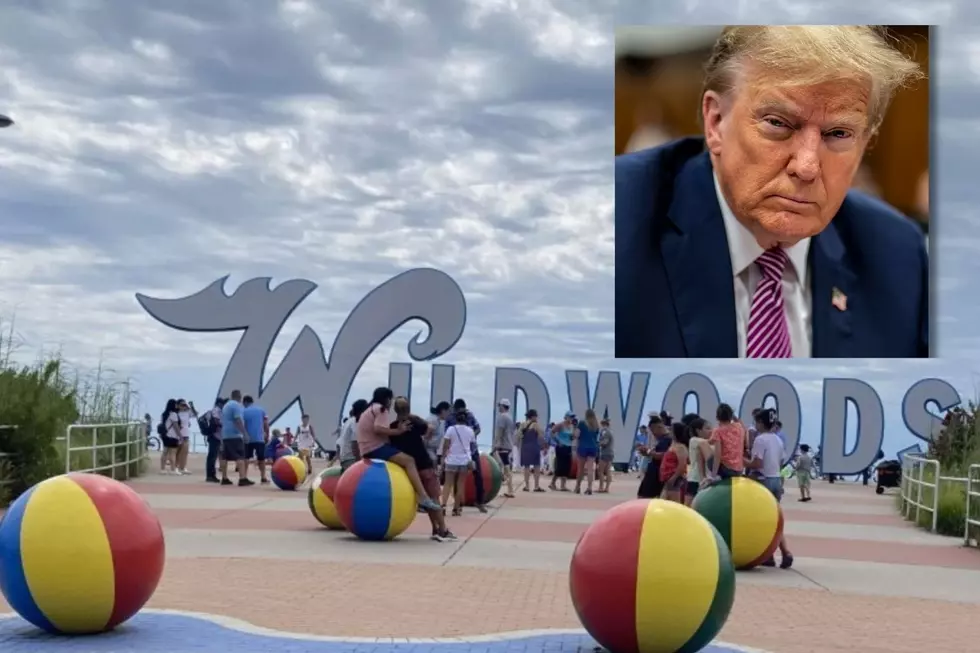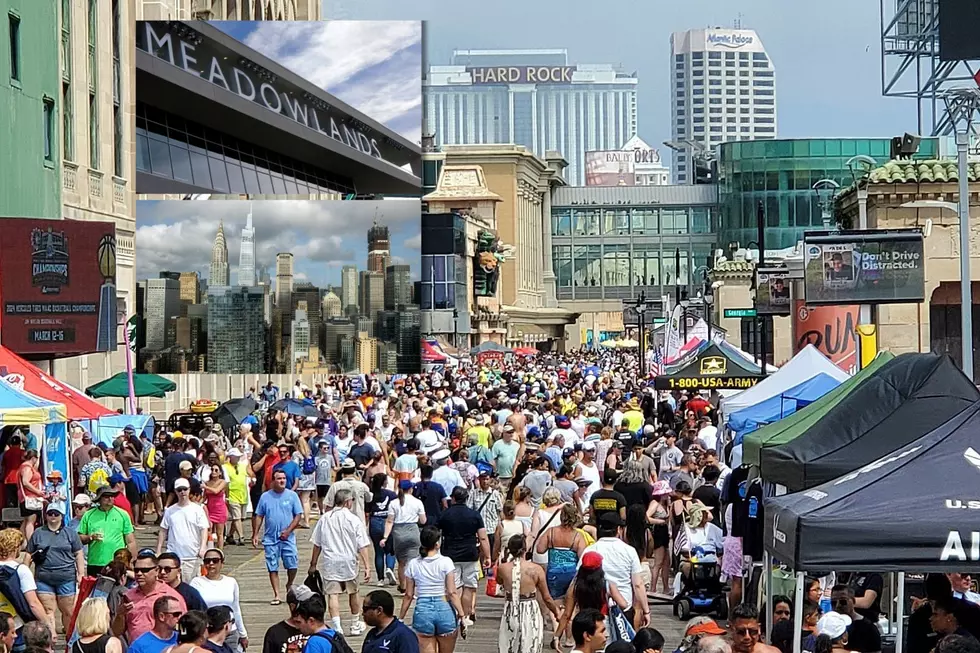![Major Doctor Shortage Predicted in NJ Next Year [AUDIO]](http://townsquare.media/site/564/files/2012/06/147343979.jpg?w=980&q=75)
Major Doctor Shortage Predicted in NJ Next Year [AUDIO]
Big problems are anticipated when another phase of the Affordable Healthcare Act kicks in next year.
Low Medicaid reimbursements are expected to prevent many doctors from accepting more low-income patients. In fact, in a recent survey cited in the Newark Star-Ledger by monthly publication Health Affairs, more than half the Primary Care Physicians and Specialist surveyed say they won't be accepting any new Medicaid patients next year.
That's when 300,000 low-income New Jerseyans will be getting coverage through the federal program in January.
The reason many Doctors are giving is New Jersey's low Medicaid reimbursement rates, which are said to be among the lowest in the country.
State Senator Robert Singer, who sits on the Senate Health Committee, says they've tried unsuccessfully to raise the reimbursement rates over the years.
"The bigger problem is, doctors can't afford to operate their offices on those reimbursements. They pay rent, they pay employees, they pay their employees health insurance, they pay everything else and of course, malpractice insurance. The dollars aren't there. As a matter of fact, it cost more money to process the claim, than the claim is worth."
On the other hand, Singer says low-income patients are being pushed toward Federally Qualified Health Care Centers (FQHC), like OHI and MediMerge, which are being reimbursed at much higher rates to accept Medicaid patients than Primary Care Physicians.
Singer draws the comparison by saying "Let's say for argument's sake, you get $28 or $38 dollars for an office visit for a Medicaid patient in a doctor's office. An FQHC gets a $138 dollars."
Singer predicts a future where he says "several things are going to happen."
"Either they [doctors] go to work for the FQHC, which is federally funded, or we'll see them going to go directly to work for hospitals, but we are really going to kill the individual physician opening his office up and that's what this is gonna do."
According to the State Department of Health website already, over 400,000 Garden State residents are being treated at these FQHC's and have made over 1 million visits.
Singer says the federal government needs to find a way to even the playing field or there won't be enough doctors to treat the anticipated influx of new patients.
"So you're discouraging physicians to take on that Medicaid patient and you need that to take the masses. You just can't service everyone through an FQHC. You're going to need the private physician to take on patients."
The article actually cites a two-year program to increase reimbursement rates for private doctors who accept low-income patients when they come on board in January, but many doctors are still not budging because the increase is only temporary.
Singer says if things don't change, we'll see longer doctor visit wait times, more preventable emergency room visits and fewer doctors going into Primary Care fields.
Information from the August 18, 2013 Newark Star-Ledger article by Susan K. Livio contributed to this report.
More From WPG Talk Radio 95.5 FM










